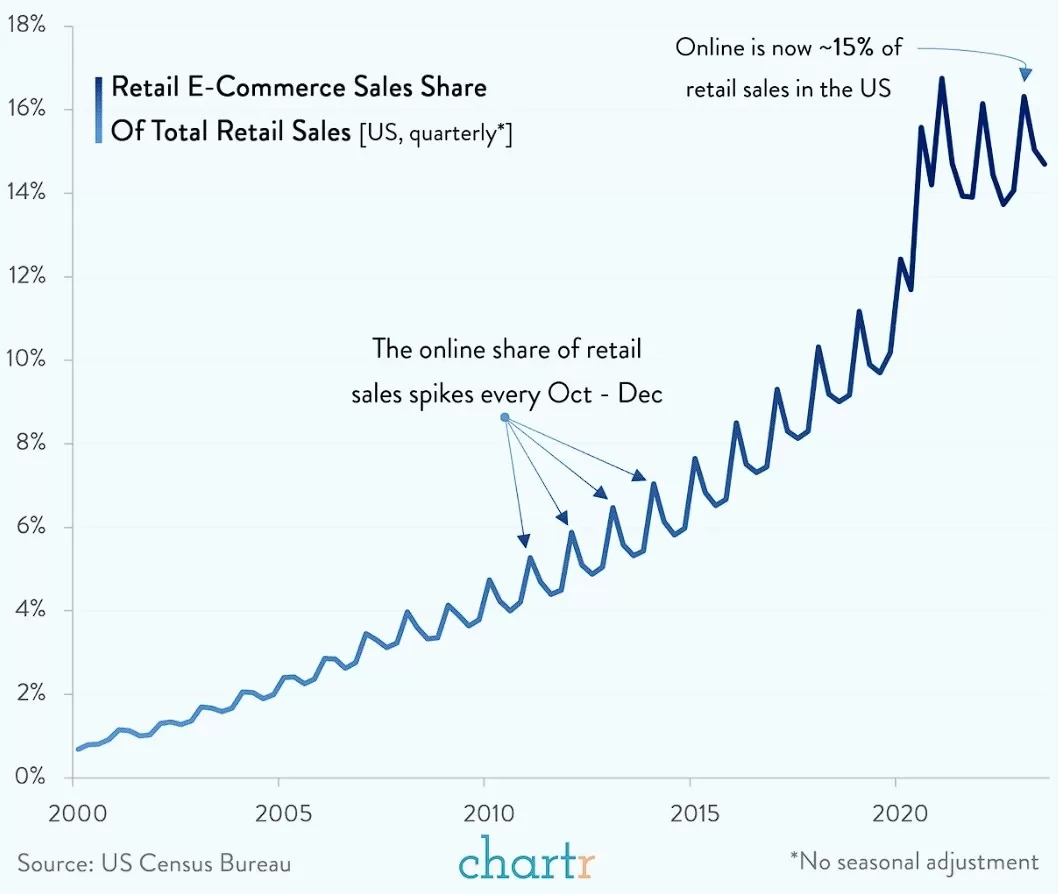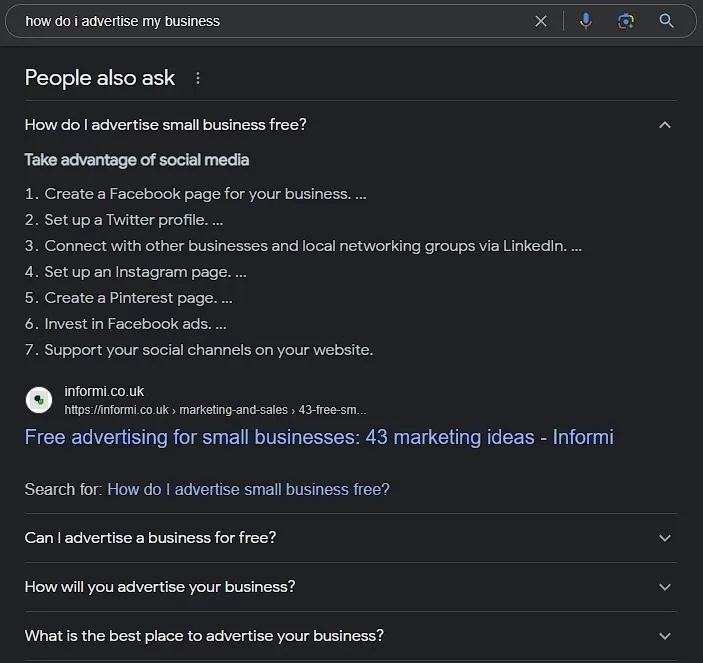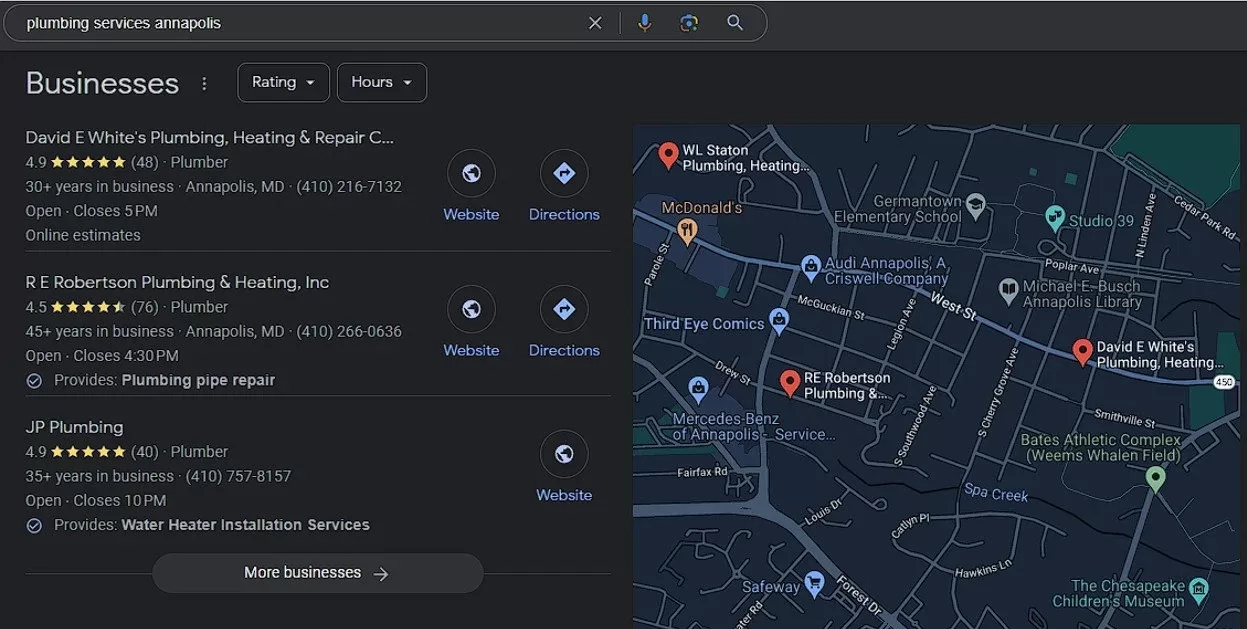When you own a small business, you literally can’t afford to not be found online. Whether you’ve just built your business from nothing or nurtured a family business into a sales-generating machine, when people have a hard time finding you, you’re missing out on customers, growth, and revenue.
Since 2020, 62% of consumers say they are shopping online more now than before the pandemic. Shopping and researching services have always been an important part of online commerce, but now more than ever, you need to understand what earns you the top spots on Google’s organic search results – and solid SEO (search engine optimization) is how you do it.

Let’s take a look at just a few of the core aspects of SEO that help your customers find your business online:
Tell the customers (and Google!) what they want to hear
When it comes to showing up high in the search results, the concept is quite simple: provide the most relevant, accurate, and useful information. On its face, a simple task.
But to do this well, you need to understand what your customers are searching for and how they’re doing it. And not just what you ASSUME they’re searching for, but what they actually type into the search bar on search engines like Google and even the search bar built into your website. Additionally, consider what they are talking about online with peers, what articles and resources they are reading, what they’re saying to your sales team, and which of your competitors they are considering.
All of this combines to paint a picture of what your audience truly wants and needs to know, and can be molded into content for your site that explicitly provides these answers, painting your business as the trusted authority on the matter. Not just for your customers but for search engines like Google as well. How else do you plan to get into the prominently featured snippets that appear high in the search results?

But if it’s so easy why does it seem to be so difficult to increase your search rank and appear higher on the page?
SEO is not just about your website, but how (and where!) it appears
Websites are complicated – even if it’s built on one of those SMB-friendly website creation platforms that you may have heard about from a podcast! Maybe you’ve mastered understanding your audience and writing site copy, but…are you sure you know what to do with it?
Your website contains a multitude of layers to make it look and work the way it does. Will editing the words in the header make Google prefer your site? And should you edit the H1 header or the H2 header? Have you considered the alt text that helps Google understand what your site images are showing? Exactly how comfortable are you with editing the code that makes your website your website?
There’s a science to getting it right. Mix the right ingredients in the wrong way, and you could end up with singed eyebrows.
And if your business is the kind that has a physical brick-and-mortar location and welcomes foot traffic, well then things get a bit more complex.
SEO Requires A Solid Technical Foundation
Content is great for SEO, but you also need to make sure that search engines, and humans, are able to easily access that content. Making sure your website is set up to allow search engines to effectively crawl your pages is imperative. With increased attention to site performance factors like page loading times and overall site structure and functionality, it’s more important than ever to make sure your website has a strong technical foundation to help set up your SEO strategy for success.
Local businesses need extra SEO support
When you have physical locations, not only do you need to get your on-page SEO right, but you also need to ensure your business profiles on Google and Bing are correct and optimized for visibility…and that the information is consistently accurate across all sites & locations.
Local business data needs to be structured in a way that the search algorithms are able to read, understand, and process it so that people searching for the products or services you offer get the most accurate information. Is your location in Philadelphia, PA or Philadelphia, TN? Are you open for normal business hours on Arbor Day or 4th of July? All of these factors matter when it comes to ranking on Google Maps and the Google 3-pack.

Are you ready to take on your small business's SEO?
So there you have it – tell people what they want to know, make sure you’re doing so in a way that is useful to both people & search engine algorithms, and make sure your website is technically set up well and your local details are accurate. Easy right? Sometimes it’s not so straightforward – especially when Google changes how its algorithm functions, and the things that worked before may not work as well in the future… but that’s a topic for another day.
Want to learn more about how SEO support from Workshop Digital could help your business find more customers?
Work with us
📣 Reach out for a free consultation
Our customized digital marketing strategies are designed with your small business growth goals in mind and are delivered by experts who care about your success.

